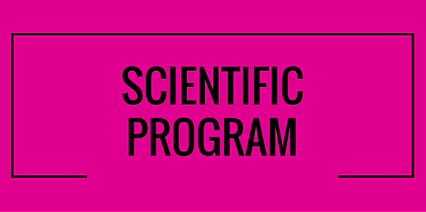
Biography
Biography: Peter J F Henderson
Abstract
Resistance of pathogenic microorganisms to antiseptics and antibiotics is becoming a serious threat to human and animal health. We have characterised a novel membrane protein, called AceI, responsible for the efflux of chlorhexidine from cells of Acinetobacter species, so conferring resistance to a widely-used antiseptic [1]. Genome analyses showed there are similar proteins in many proteobacteria, including pathogens, giving rise to a novel family of drug efflux proteins, designated the Proteobacterial Antimicrobial Compound Efflux, ‘PACE’, family [1].
Genes encoding AceI homologues from 23 species of bacteria were transferred to the pTTQ18 plasmid vector, and transformed into Escherichia coli BL21(DE3) host cells, where the expression of each cloned gene in membrane fractions was identified in Coomassie stained SDS-PAGE gels and in Western blots detecting the His6-terminus of each protein.
Out of all those investigated, seven genes were expressed at levels sufficient for production of proteins at a 30 litre fermentation scale. Each of these was then purified in mg quantities by IMAC. The integrity of the purified proteins was assessed by circular dichroism and by assaying binding to known or putative substrates. Several of the highly expressed AceI homologues conferred resistance to acriflavine, a nucleic acid intercalating biocide. We will discuss evidence showing which common metabolites in bacteria are the natural substrates of PACE proteins.

